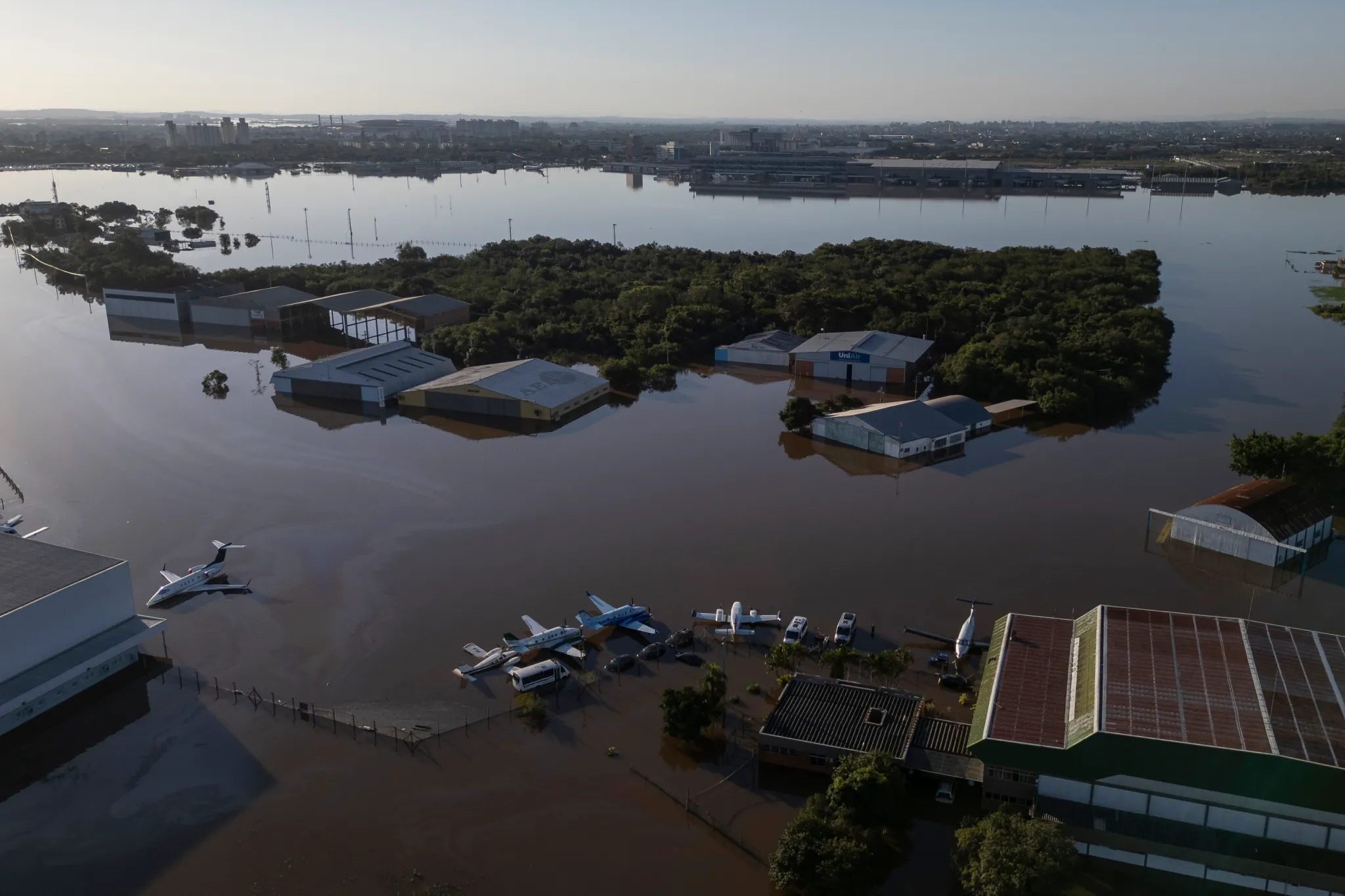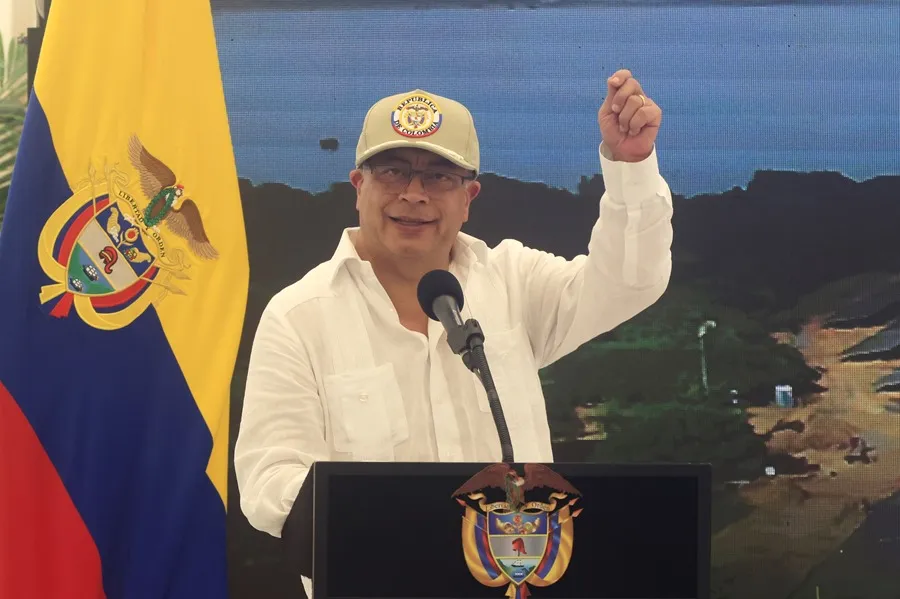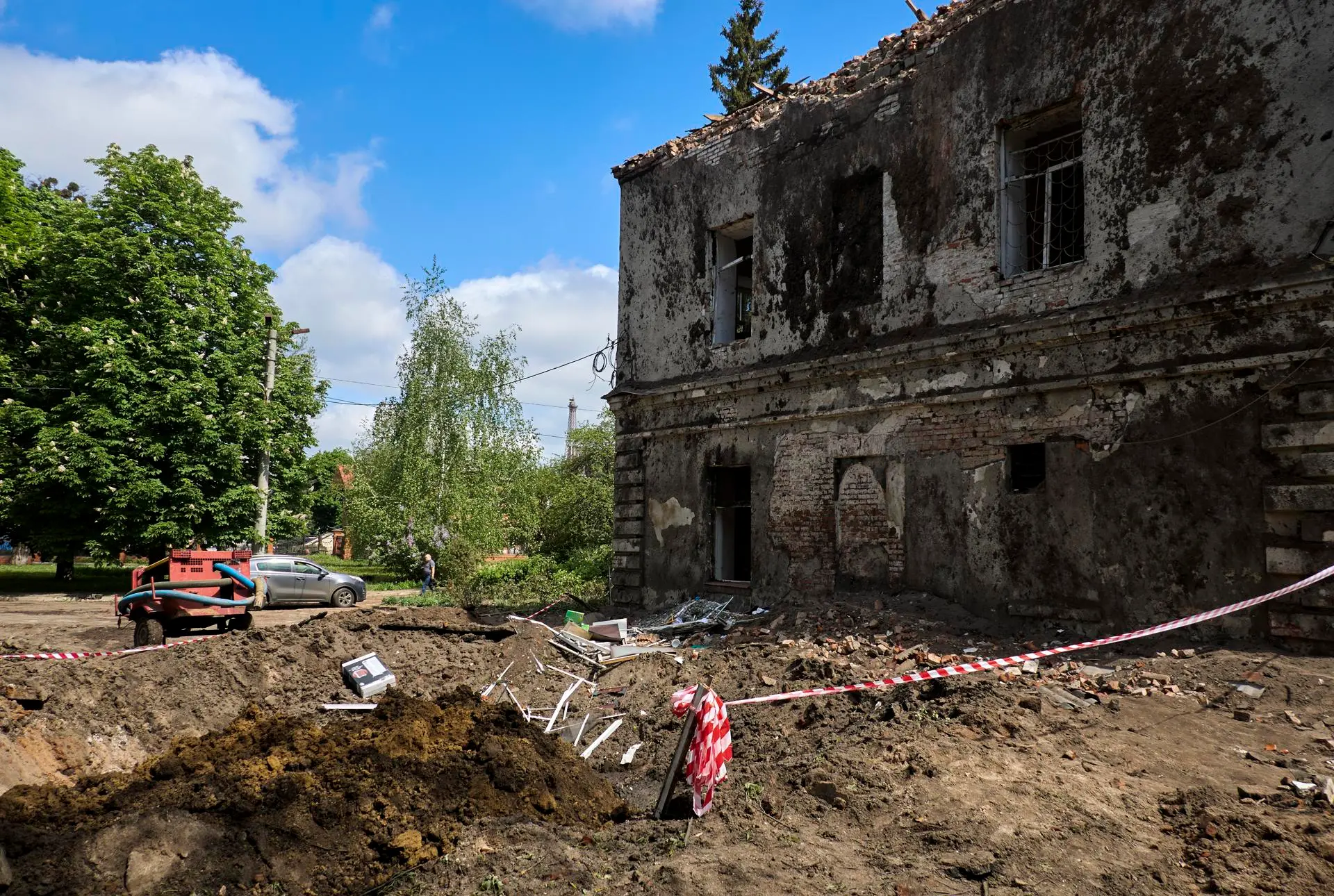International
Guatemala Congress ramps up prison sentence for abortion, bans gay marriage
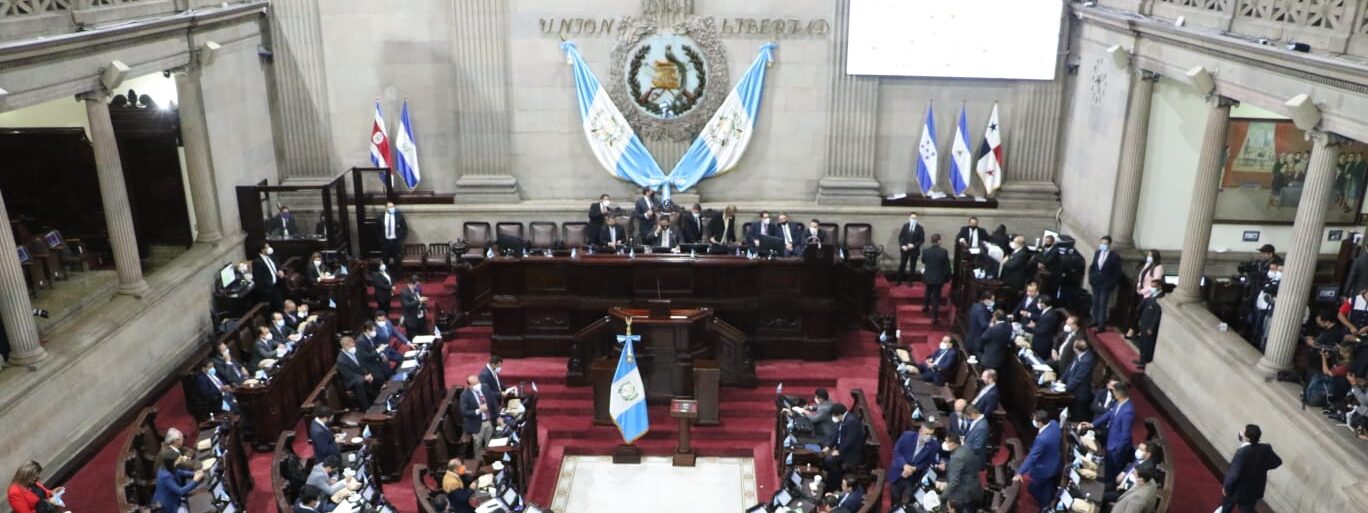
International
Brazil exceeds 100 deaths from floods in the southern region of the country
International
Petro on the formulation of charges against him: “It’s the beginning of a coup d’état”
International
EU countries agree to use profits from frozen Russian assets in defense of Ukraine
-

 International4 days ago
International4 days agoRussian bombers near Alaska monitored by NORAD
-

 International4 days ago
International4 days agoDevastating floods in Southern Brazil leave dozens dead and missing
-
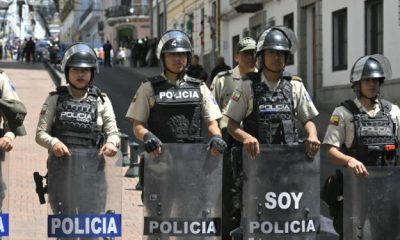
 International5 days ago
International5 days agoEcuador declares state of emergency in five provinces to combat organized crime
-

 International5 days ago
International5 days agoArgentine president criticizes spanish PM amidst political row
-

 Central America3 hours ago
Central America3 hours agoThe University of Texas, symbol of repression against pro-Palestinian protests
-
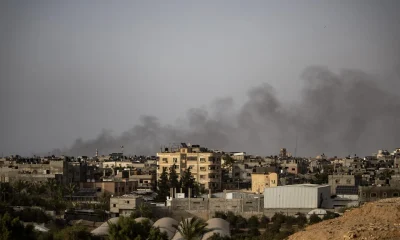
 International2 days ago
International2 days agoIsrael says it will continue to negotiate a ceasefire while bombing the east of Rafah
-
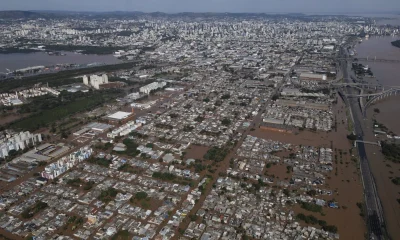
 Centroamérica2 days ago
Centroamérica2 days agoThe number of deaths from the floods in southern Brazil rises to 84
-
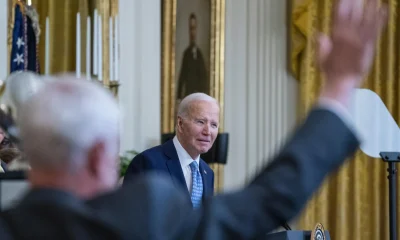
 International2 days ago
International2 days agoBiden manages to get Netanyahu to promise to take a step in Gaza and reiterates his position on Rafah
-

 International2 days ago
International2 days ago“I had to swim out of the house,” says one of those affected by floods in Brazil
-
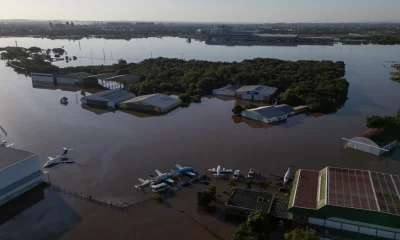
 International3 hours ago
International3 hours agoBrazil exceeds 100 deaths from floods in the southern region of the country
-

 International2 days ago
International2 days agoThe number of deaths in a passenger bus accident in southern Peru rises to eleven
-
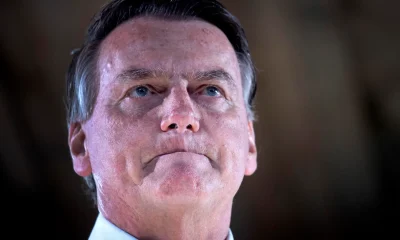
 International2 days ago
International2 days agoBolsonaro is transferred to São Paulo to continue the treatment for an erysypela
-

 International3 hours ago
International3 hours agoAt least 3 dead and 5 wounded in attack on a Taliban convoy in Afghanistan
-
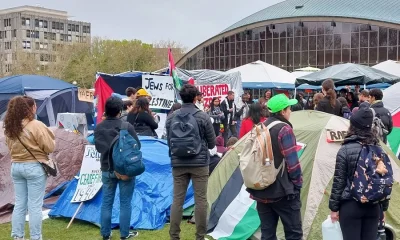
 International2 days ago
International2 days agoThe pro-Palestinian student movement in the United States looks at itself in history to continue
-
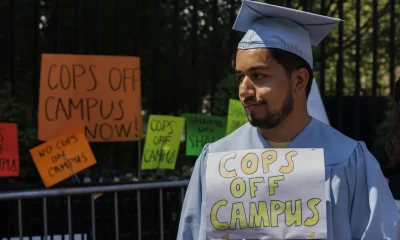
 International2 days ago
International2 days agoColumbia University cancels its grand graduation ceremony after weeks of protests
-
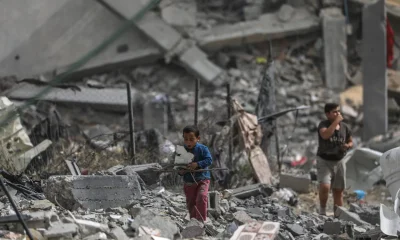
 International2 days ago
International2 days agoUnicef warns that the military incursion in Rafah is “catastrophic” for thousands of children
-
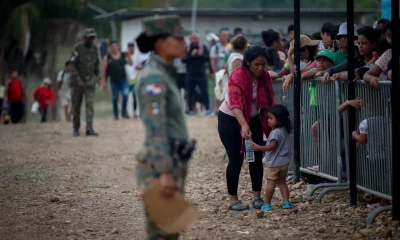
 International2 days ago
International2 days agoMigrant women, victims of theft, rape and with their children in tow for the Darién
-

 Centroamérica2 days ago
Centroamérica2 days ago“Corruption was a man, but democratically!” says Rubén Blades after elections in Panama
-
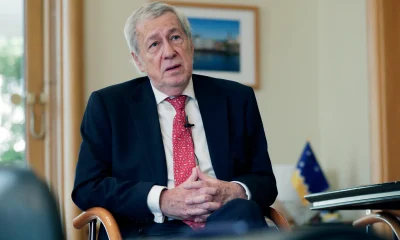
 International2 days ago
International2 days ago“The Chilean government is more continuous than you think,” says its Foreign Minister Alberto van Klaveren
-
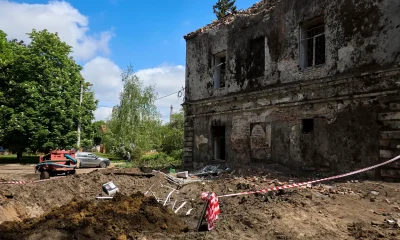
 International3 hours ago
International3 hours agoEU countries agree to use profits from frozen Russian assets in defense of Ukraine
-
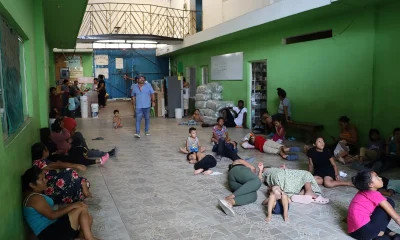
 International3 hours ago
International3 hours agoIrregular migrants intercepted by Mexico triple in the first quarter
-
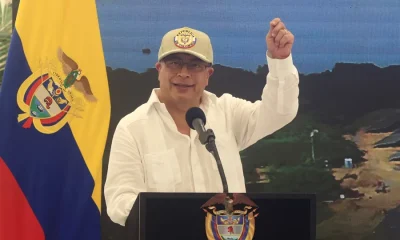
 International3 hours ago
International3 hours agoPetro on the formulation of charges against him: “It’s the beginning of a coup d’état”




















